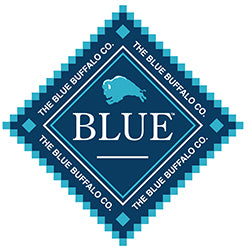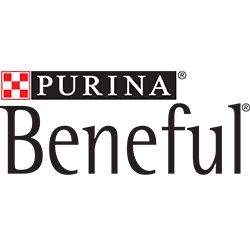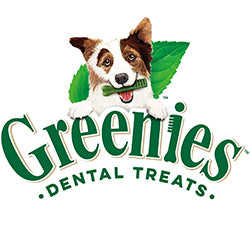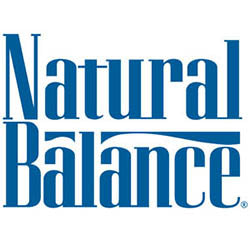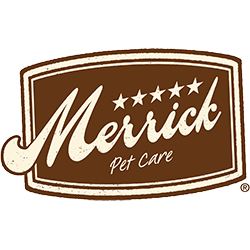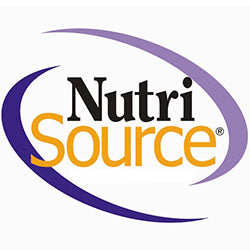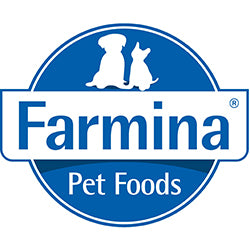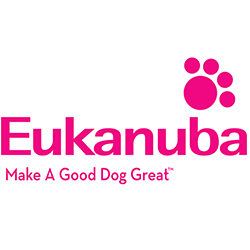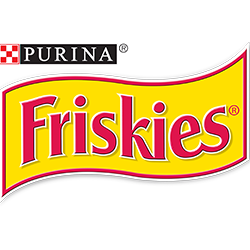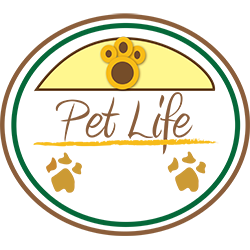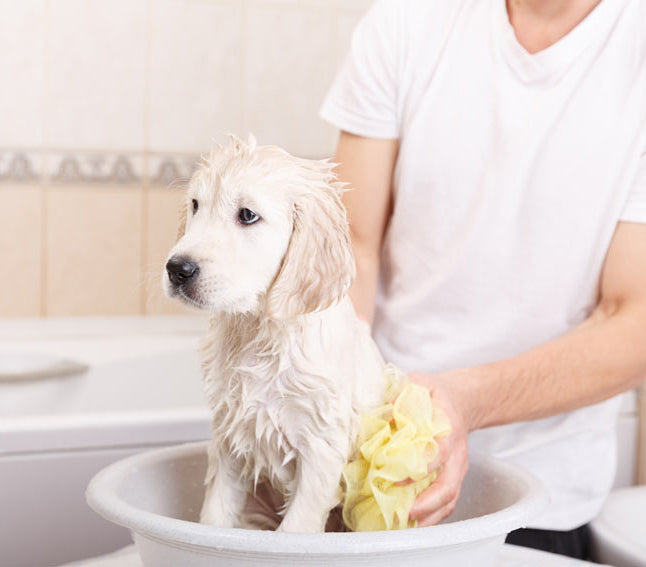
Practice Proper Hygiene for A Healthy, Happy Dog
Practice Proper Hygiene for A Healthy, Happy Dog
If you aren’t cleaning your dog’s food bowls with soap and water regularly, you might be risking your pet’s health. And if you aren’t sanitizing his bed, brushing his teeth and all the other chores that pet parenting requires of you, you may be shortchanging your beloved dog and you might even be risking both his health along with your own.
All that grime, dirt, dander, and fur not only makes your home messy but there is a more important reason why you should pay attention to your dog’s hygiene. If you don’t, you are risking infectious diseases in both your dog and your family. That’s right, according the CDC (Centers for Disease Control and Prevention), at least 60% of infectious diseases are zoonotic which means they can be passed from your animal to your human family.
But these infections can be prevented. If you follow a regular practice of good hygiene for your pet, both your dog and your family will stay healthy. Here are some of the most important ways to make sure you practice good hygiene for your dog.
Clean Food & Water Dishes
When your dog drinks and eats from his dish, his saliva transmits bacteria, so his food and water dishes need to be washed frequently to prevent illness.
It is usually recommended that you either wash them by hand or put them in the dishwasher every day or two.
Store Dog Food Safely
If you feed your dog dry food, be careful it doesn’t become contaminated with salmonella, which can be transmitted to humans, sometimes making them very ill.
The best way to store dry food is in containers that are airtight. If you are feeding your dog wet food, it should be kept in an airtight container in the refrigerator. This will keep bacteria from growing, which will happen if it is kept at room temperature.
For those of you who feed your dog raw food, you need to be even more careful. This type of food can be even more susceptible to contamination with bacteria.
Wash Your Hands Frequently
According to the CDC, you should wash your hand with soap and water after you play with your dog and especially after you clean up after him. This will drastically cut down on the chance that you will contract a zoonotic disease.
Wash Your Dog’s Bedding
As you probably already know, your pet’s bedding collects grime, dirt and fur. But it can also provide a hiding place for flea larvae and eggs, along with other parasites and ticks. It is important to regularly vacuum your dog’s bed, but you also need to go one step further. To be really clean, you should wash the bedding with a detergent that has a mild fragrance and is free of dyes once a week. When you wash the bedding, be sure the water temperature is at least 130 degrees and then dry it on high heat for at least 20 minutes.
Wash Your Dog’s Toys
Your dog’s toys are some of the dirtiest items with which your pet will come into contact. And, in addition to being unsanitary for your dog, not cleaning the toys can lead to skin infections for you. So, you need to clean your dog’s toys with hot, soapy water followed by disinfecting with a mild solution of bleach. After washing, always rinse well to remove the soap and bleach residue.
If you like, you can throw your dog’s toys into the washing machine. You can also wash his collar and leash in the washing machine every month or six weeks.
Keep Your Dog’s Outdoor Space Clean
If you’re like every other dog parent, you probably don’t like picking up your dog’s waste in the yard. But this is a chore that should be done as soon as possible, especially if your children play in the same space.
Make sure you always wear gloves when you pick up dog poop and use a pick-up tool or dog waste bags that will help you avoid contact with the feces.
These tips are only some of the important ways to make sure your dog receives good hygiene. Others include bathing regularly, nail trimming, teeth brushing, and regular checks for fleas and other parasites. The important point is that your dog can be severely affected if his hygiene is neglected.
Most of these tips are not very time-consuming but they will make a big difference in the health and happiness of your dog.
- Choosing a selection results in a full page refresh.

